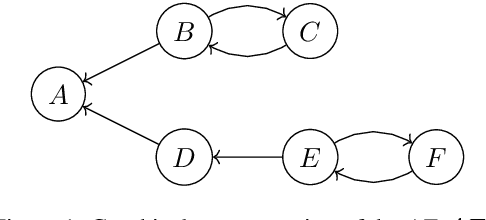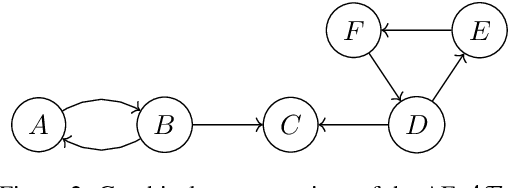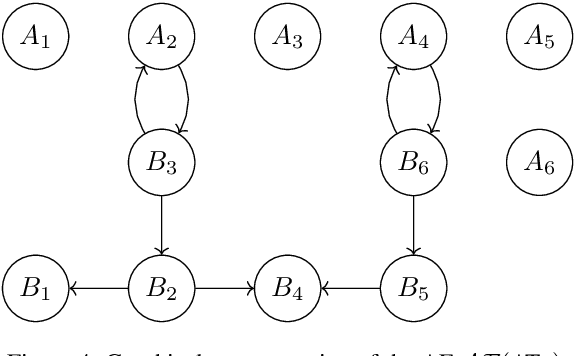AnneMarie Borg
Human-centred explanation of rule-based decision-making systems in the legal domain
Oct 25, 2023Abstract:We propose a human-centred explanation method for rule-based automated decision-making systems in the legal domain. Firstly, we establish a conceptual framework for developing explanation methods, representing its key internal components (content, communication and adaptation) and external dependencies (decision-making system, human recipient and domain). Secondly, we propose an explanation method that uses a graph database to enable question-driven explanations and multimedia display. This way, we can tailor the explanation to the user. Finally, we show how our conceptual framework is applicable to a real-world scenario at the Dutch Tax and Customs Administration and implement our explanation method for this scenario.
Contrastive Explanations for Argumentation-Based Conclusions
Jul 07, 2021


Abstract:In this paper we discuss contrastive explanations for formal argumentation - the question why a certain argument (the fact) can be accepted, whilst another argument (the foil) cannot be accepted under various extension-based semantics. The recent work on explanations for argumentation-based conclusions has mostly focused on providing minimal explanations for the (non-)acceptance of arguments. What is still lacking, however, is a proper argumentation-based interpretation of contrastive explanations. We show under which conditions contrastive explanations in abstract and structured argumentation are meaningful, and how argumentation allows us to make implicit foils explicit.
Necessary and Sufficient Explanations in Abstract Argumentation
Nov 04, 2020

Abstract:In this paper, we discuss necessary and sufficient explanations for formal argumentation - the question whether and why a certain argument can be accepted (or not) under various extension-based semantics. Given a framework with which explanations for argumentation-based conclusions can be derived, we study necessity and sufficiency: what (sets of) arguments are necessary or sufficient for the (non-)acceptance of an argument?
Relevance in Structured Argumentation
Sep 13, 2018Abstract:We study properties related to relevance in non-monotonic consequence relations obtained by systems of structured argumentation. Relevance desiderata concern the robustness of a consequence relation under the addition of irrelevant information. For an account of what (ir)relevance amounts to we use syntactic and semantic considerations. Syntactic criteria have been proposed in the domain of relevance logic and were recently used in argumentation theory under the names of non-interference and crash-resistance. The basic idea is that the conclusions of a given argumentative theory should be robust under adding information that shares no propositional variables with the original database. Some semantic relevance criteria are known from non-monotonic logic. For instance, cautious monotony states that if we obtain certain conclusions from an argumentation theory, we may expect to still obtain the same conclusions if we add some of them to the given database. In this paper we investigate properties of structured argumentation systems that warrant relevance desiderata.
 Add to Chrome
Add to Chrome Add to Firefox
Add to Firefox Add to Edge
Add to Edge